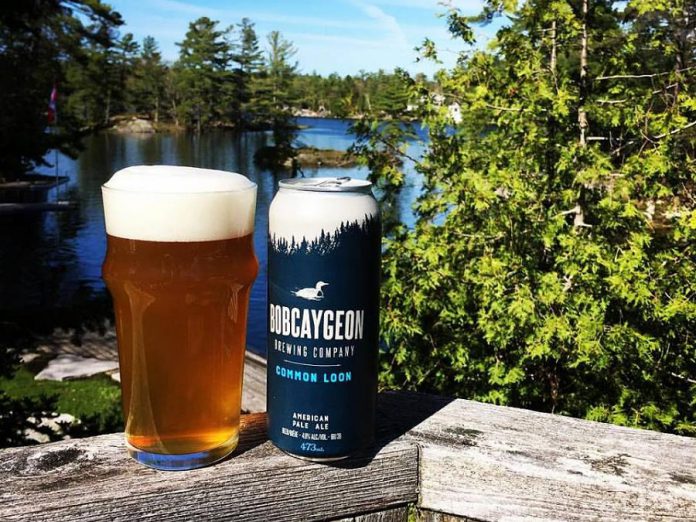
As the Province heads towards a showdown with The Beer Store over its intention to allow corner stores to sell beer and wine, craft brewery owners and managers in Peterborough and across the Kawarthas are watching with interest.
Ontario’s Progressive Conservative government tabled legislation on Monday (May 27) that would terminate its current contract with The Beer Store, paving the way for its plan to allow corner stores to sell beer and wine.
This is the Ford government’s latest step in its plan to expand options for the sale and consumption of beverage alcohol in Ontario. Previously announced changes include allowing alcohol to be served at 9 a.m. (instead of 11 a.m.) seven days a week, letting people consume alcohol in parks and public areas (subject to municipal by-laws), allowing casinos to advertise and serve free alcohol, and permitting tailgating parties at sporting events.
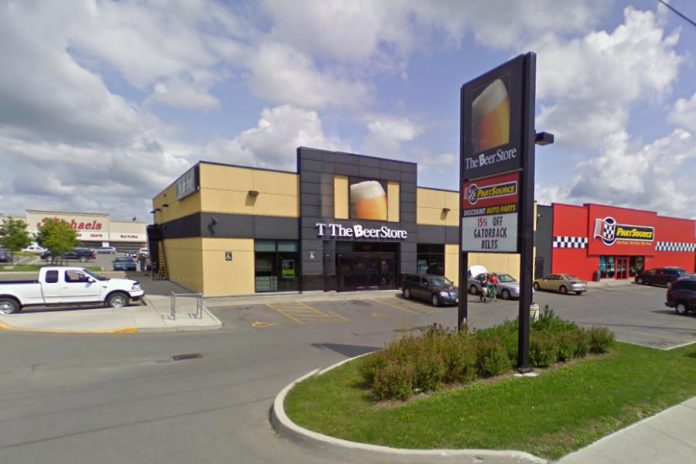
The 10-year contract with The Beer Store, signed by the previous Liberal government, has already permitted the expansion of beer and wine sales to hundreds of Ontario grocery stores. To further expand beer and wine sales to include corner stores and big box stores, the Ford government intends to break that contract.
The Beer Store is primarily owned by Labatt, Molson, and Sleeman and operates 445 outlets across Ontario. While all the three breweries were originally Canadian companies, they are now all foreign owned.
Lawyers representing The Beer Store’s majority owners claim breaking the contract will result in the loss of thousands of jobs, cost Ontario taxpayers millions of dollars in penalties, and lead to higher prices for consumers. They have also threatened legal action should the Province proceed with its plan to break the agreement in place.
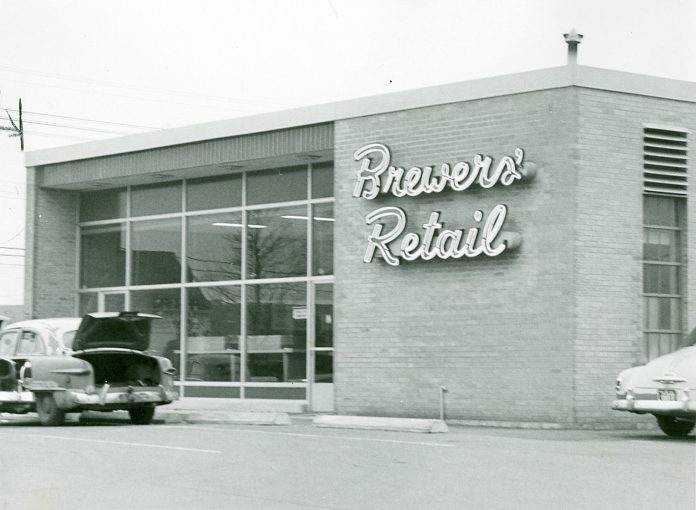
As that situation plays out, local craft beer breweries in the Kawarthas are paying attention.
With one exception, those contacted by kawarthaNOW.com see the allowance of beer sales in convenience stores as a possible good thing for their individual enterprises, as well as the craft beer industry as a whole.
Church-Key Brewing Company in Campbellford
“As a citizen, I’m very concerned that we’re going to be on the hook for the $150 million penalty,” says John Graham, founder and president of Church-Key Brewing Company in Campbellford.
“This current government is all about cutting costs. Spending $150 million for ego reasons doesn’t seem like a smart fiscal thing to do.”
Church-Key beer products, available in LCBO outlets and select grocery stores, are not currently carried by The Beer Store.
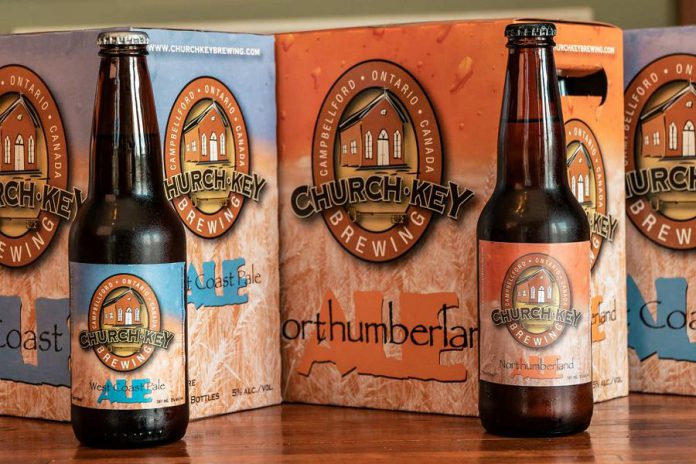
“I’ve chosen from the beginning not to be in The Beer Store because of their foreign ownership,” says Graham.
“In the same way I don’t want to give them $150 million, I don’t want to give them even a small piece (of our business). They’re our largest competitor, they are foreign owned, they’re not an entity that wants to see me do well, and I don’t want to fund them in any way.”
That aside, Graham says while his brewery saw “a bump” with the allowance of beer sales by grocery stores, “there’s been no real upswing. There are a lot more players now than there used to be. Having more places to buy beer doesn’t mean more beer sold.”
According to the Ontario government, craft beer sales account for less than two per cent of sales at The Beer Store, but they make up over 10 per cent of sales at the LCBO and over 15 per cent at grocery stories.
Graham sees a benefit to having his brewery’s product sold through the LCBO.
“LCBO stores are dedicated to maintaining the integrity of their system and remove the risks of serving to minors and having old code beer on their shelves,” he explains. “They really have just one job and they’re fairly good at it.”
“I don’t think, based on pure numbers, you can guarantee that a thousand convenience stores would do an equally good job. For the most part, it (beer) is going to be lumped in as just another thing for the convenience stores to sell.”
While Graham is far from convinced that there’s any upside to the selling of his product by convenience stores, representatives of other craft beer breweries in the Kawarthas share enthusiasm over the prospect of increased availability of their products.
Bobcaygeon Brewing Company
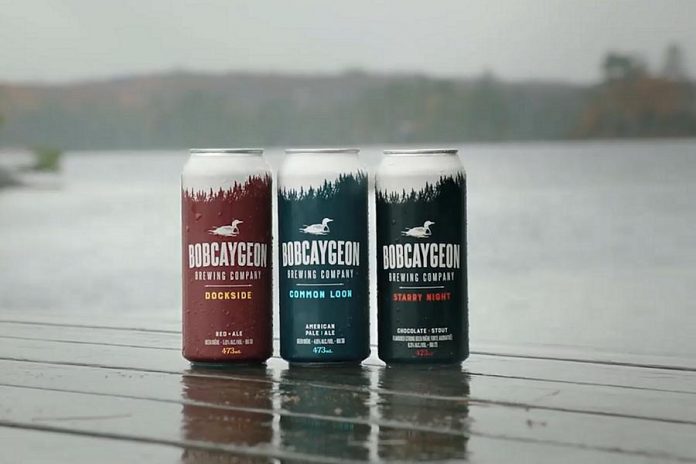
“Anything that’s good for the consumer is good for craft breweries,” says Richard Wood, co-founder and president of Bobcaygeon Brewing Company.
“There’s still a lot for us to learn regarding what changes are coming. We don’t know if every convenience store is going to be licensed or just some, like the grocery store system we have now.”
“Having more shelf space available to us is a good thing. It allows us to get our product into more people’s hands and makes it easier for the consumer.”
“Looking at what’s happened in other provinces, and in the U.S. and other countries, it’s good to see some changes coming. We’re excited.”
Fenelon Falls Brewing Co.
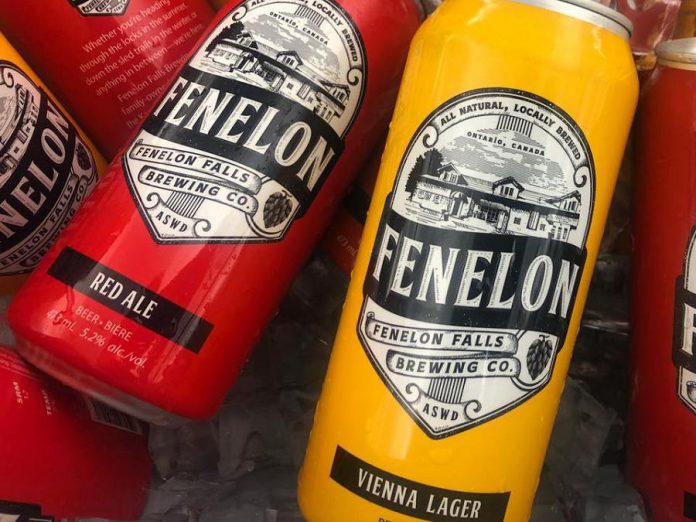
Mathew Renda, general manager of Fenelon Falls Brewing Co., agrees increased access to its products is a positive thing.
“Ontario is a little behind the times and and we need to catch up,” Renda says. “This is a great step in the right direction to provide better access to our product.”
“Better access draws more attention to our brand. Not only our brand, but also the brands brewed within our area. The Kawarthas has great breweries but, unless you’re from the Kawarthas or within a relatively close distance, you don’t have access to that beer. With beer and wine going into convenience stores, and into more grocery stores and big box stores, access is increased.”
“We’re sitting back and seeing how things go. It could go one of two ways. We stay with the monopoly that we have now, or people have better access to our beer.”
Fenelon Falls Brewing Co. flagship brews (Fenelon Vienna Lager and Fenelon Red Ale) are already sold in select LCBO outlets and grocery stores, and the company will soon be opening its new brewery, retail bottle shop, and taproom in Fenelon Falls.
Publican House Brewery in Peterborough
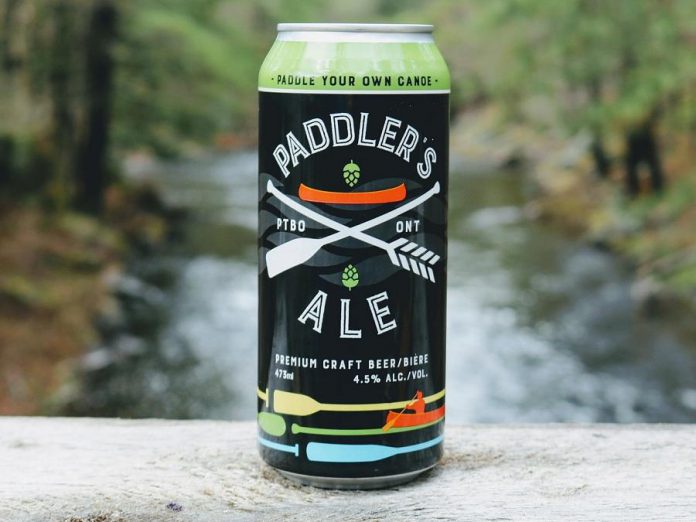
At Peterborough-based Publican House Brewery, co-founder and president Marty Laskaris is cautiously optimistic. Like Renda, he says the ramifications for his brewery are dependent on what convenience store sales ultimately look like.
“At this point we just don’t know how this is going to manifest itself in terms of the rules and regulations, and what it will mean to us logistically as a little craft brewery,” says Laskaris.
“There are thousands of convenience stores in Ontario. Is it going to be a limited number? Is it only going to be a certain size and format (of stores)? Certain neighbourhoods? Logistically it remains to be seen if it will be a great opportunity for us or an okay opportunity for us.”
“Anytime I can get one of our beers on a shelf so someone can see it is another promotional opportunity and another opportunity for someone to grab one of ours, have it, and say ‘Hey, this is really good beer. I think I should buy more of this.'”
“What the government did yesterday (Monday) is a first step in what appears might be a process. Tabling legislation to break the contract … who knows where that’s going to go and what that will do for plans of putting beer and wine in corner stores.”
Laskaris adds that if convenience stores are given the green light to sell Publican House’s product, that will present a new challenge.
“Our challenge is our capacity. I don’t want to sell our beer (in convenience stores) and then not be able to meet the demand. I don’t want to fail miserably in that regard and affect the brand’s reputation.”
Pie Eyed Monk Brewery in Lindsay
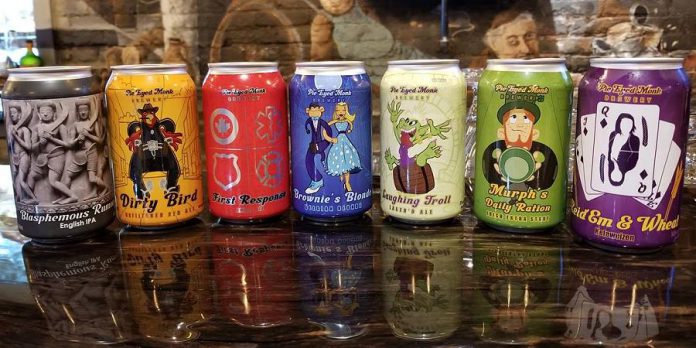
Meanwhile, Aaron Young, the general manager of the recently opened Pie Eyed Monk Brewery in Lindsay, notes the name of the game for him is the prospect of more exposure for the brewery’s products.
“Ontario is very much behind the ball as far as accessibility to products,” says Young. “The more exposure we can get on the marketability side of things the better.”
“I don’t know what all the ins and outs of this are yet, but I’m going to guess your mom-and-pop corner stores are not going to charge for shelving space or, if they do, it’s probably going to be substantially less (than The Beer Store, the LCBO and grocery stores), unless the government also controls that.”


























